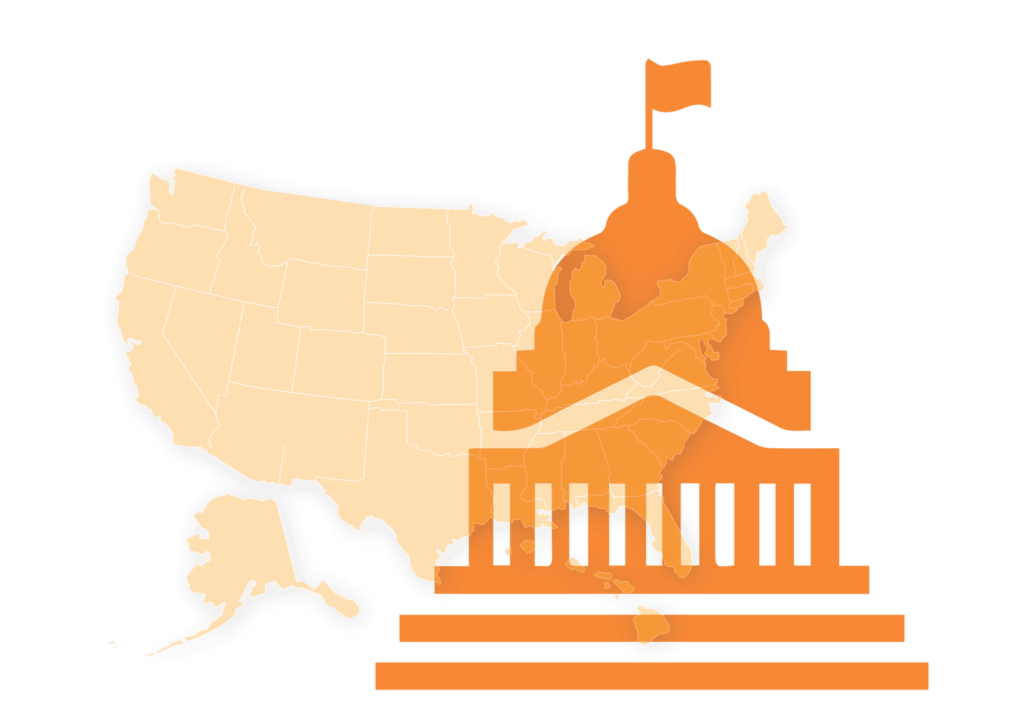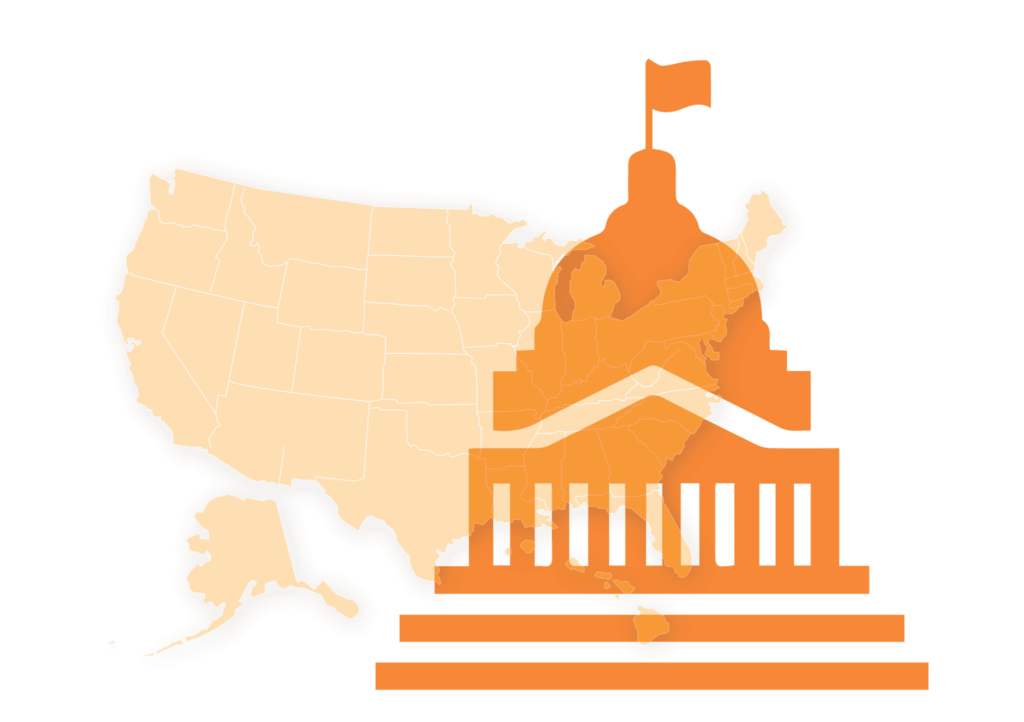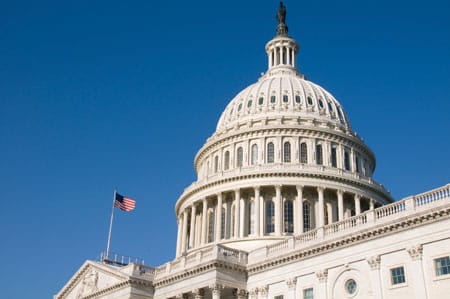“We are pleased to see that the U.S. Department of Education will not consider blanket waivers of the critical civil rights component of the Elementary and Secondary Education Act that requires high quality, statewide assessments. We recognize the many challenges that states continue to face as they respond to the COVID-19 pandemic, including managing a mix of in-person and remote instruction and the logistical challenges of administering annual statewide assessments. Students of color, Native students, English learners, immigrant students, students with disabilities, students from low-income families, students experiencing homelessness, and other historically underserved students have faced and will continue to experience unique challenges that impede their learning during the pandemic. Data on multiple measures, including school climate, student access to resources and opportunities, and student learning outcomes, are essential tools to address systemic inequities in our education system, as well as to gauge the quality of instruction and support offered under COVID-19 restrictions. Transparent, actionable measures of the experiences of different groups of students can empower families and advocates; guide state and local resource allocation, interventions, and supports; and identify equity gaps that require federal investment, policy, and guidance. Parents and families deserve to know whether their children are meeting college- and career-ready expectations and whether the education system is responding to and improving their opportunities to succeed.
We will closely watch as the Department works with states to ensure they are administering statewide assessments, as well as collecting and publicly reporting on multiple measures of the student experience for the 2020–21 school year. However, we want to be clear: The Department must not, as part of its promised state-by-state “flexibility,” grant waivers to states that would allow them to substitute local assessments in place of statewide assessments or to only assess a subset of students. By design, these local assessments do not hold all students to the same standards and expectations. They do not offer appropriate accommodations for students with disabilities or English learners, as required under federal law for statewide assessments; they are not peer reviewed to ensure quality and prevent bias; and the results of these assessments will not be comparable from district to district.”
National Urban League
The Education Trust
UnidosUS
National Center for Learning Disabilities (NCLD)
Alliance for Excellent Education
Education Reform Now
SchoolHouse Connection
Data Quality Campaign (DQC)
The U.S. Chamber of Commerce
Business Roundtable
Chiefs for Change
The Collaborative for Student Success
TNTP
Council of Parent Attorneys and Advocates
National Center for Special Education in Charter Schools
Educators for Excellence
Thomas B. Fordham Institute
JerseyCAN
Washington Roundtable/Partnership for Learning
Colorado Succeeds
Opportunity 180
Prichard Committee for Academic Excellence
Results for America
America Succeeds
EdVoice
Our Turn
The National Parents Union
NewMexicoKidsCAN
National Alliance for Public Charter Schools
HawaiiKidsCAN
NCTQ
Parent Revolution
Ohio Excels
A+ Colorado
Tennessee State Collaborative on Reforming Education (SCORE)
Tennesseans for Student Success
Foundation for Excellence in Education (ExcelinEd)
National Association of Charter School Authorizers (NACSA)
Aligned
Great MN Schools
Minnesota Business Partnership
BEST NC
Massachusetts Business Alliance for Education
Association of American Educators
Massachusetts Parents United
A+ Education Partnership






 September 09, 2025 by
September 09, 2025 by 
